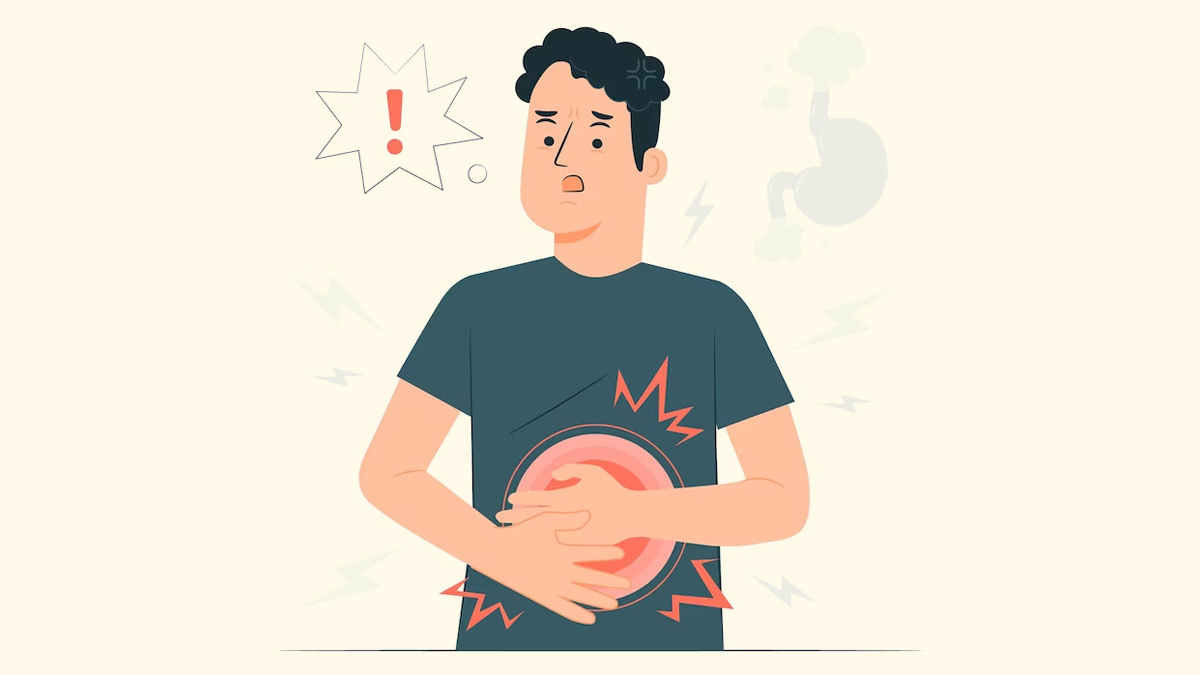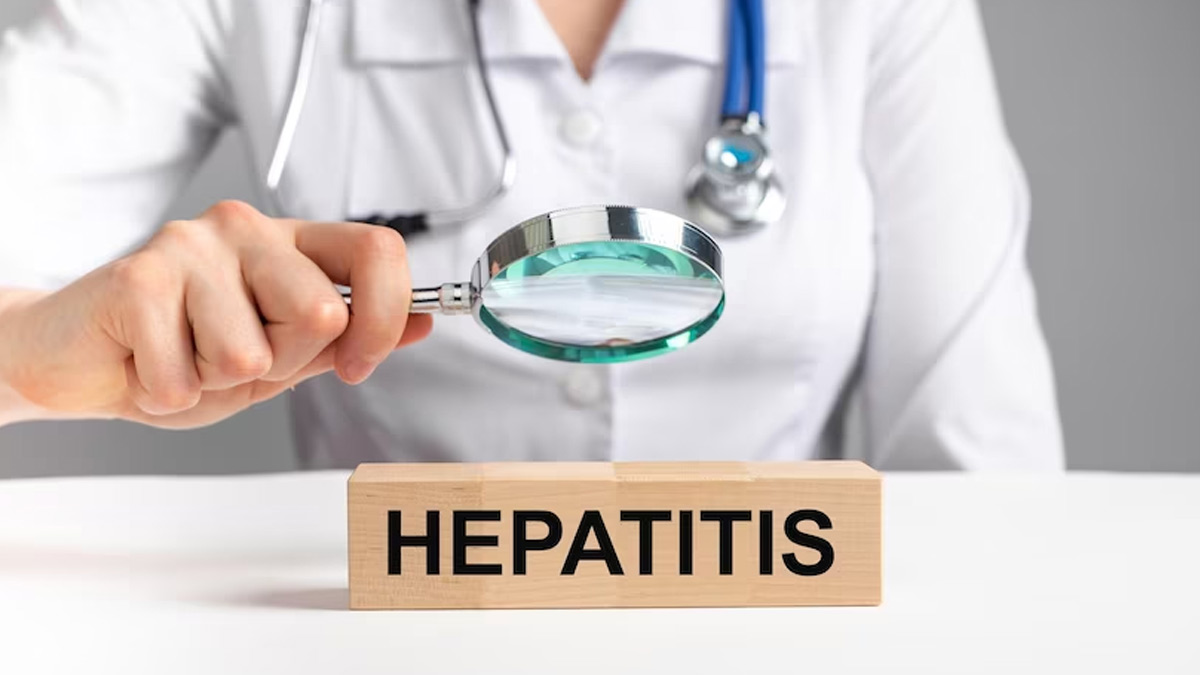
As the monsoon season arrives, bringing relief from the extreme heat, it also ushers in an increased risk of certain health concerns. One such concern is gastrointestinal infections, which can quickly dampen the joy of the season.
During this time, the combination of humidity, stagnant water, and poor hygiene can create an environment conducive to the proliferation of disease-causing microorganisms.
Foodborne Infections
During the monsoons, there is an increased risk of contamination of food due to improper storage, handling, and inadequate cooking practices. Common culprits include bacteria such as Salmonella, Escherichia coli (E. coli), and Campylobacter, as well as parasites like Giardia. Symptoms may include diarrhoea, abdominal cramps, nausea, and vomiting.
To minimise the risk, ensure the consumption of freshly cooked and properly stored food, avoid street food, and maintain strict hygiene practices in the kitchen.
Waterborne Infections
Waterborne infections are a significant concern during the monsoon season, as heavy rainfall can lead to contamination of water sources. Diseases like cholera, typhoid, and hepatitis A can spread through contaminated water.
It is important to drink only safe and purified water, preferably boiled or filtered. Avoid consuming ice made from tap water and be cautious of raw fruits and vegetables washed in untreated water.

Also read: 8 Dengue Prevention Tips You Should Follow This Monsoon Season
Viral Gastroenteritis
As per Dr Rajiv Chaudhary, KGMU, Lucknow, viral gastroenteritis, commonly known as the stomach flu, is prevalent during the monsoons. Viruses like norovirus and rotavirus are responsible for causing this infection, leading to symptoms such as diarrhoea, vomiting, fever, and abdominal pain. Maintaining proper hand hygiene, avoiding close contact with infected individuals, and disinfecting frequently touched surfaces can help prevent the spread of these viruses.
Hepatitis E
According to WHO, Hepatitis E is a viral infection that affects the liver and is primarily transmitted through contaminated water and food. During the monsoons, the risk of hepatitis E increases due to inadequate sanitation and water contamination. Symptoms include fatigue, jaundice, loss of appetite, and abdominal pain.
To reduce the risk, it is important to consume clean and safe drinking water and maintain good personal hygiene.

Leptospirosis
“Leptospirosis is a bacterial infection transmitted through contact with water contaminated by the urine of infected animals”, said Dr Sanjay Gupta, senior consultant, internal medicine at Paras Hospitals, Gurgaon.
During the monsoons, the risk of exposure to leptospirosis rises, especially in flooded areas.
Symptoms range from mild flu-like symptoms to severe complications affecting the liver, kidneys, and lungs. Avoid wading through stagnant water, wear protective clothing and footwear, and maintain cleanliness in and around your living area.
Precautions and Hygiene Practices:
- Wash hands frequently with soap and water, especially before eating and after using the restroom.
- Drink clean, boiled, or purified water and avoid consuming beverages with uncertain hygiene standards.
- Consume freshly cooked, hot food and avoid eating raw or undercooked food items.
- Maintain personal hygiene, including regular bathing and wearing clean clothes.
- Keep your surroundings clean and dispose of waste properly to prevent breeding grounds for disease-causing vectors.
- Vaccinations such as hepatitis A and typhoid can provide added protection against certain infections.
- If you experience persistent symptoms or suspect an infection, seek medical attention promptly.
While monsoons bring respite from the summer heat, they also bring an increased risk of gastrointestinal infections. By adopting necessary precautions and practising good hygiene, you can significantly reduce your chances of falling prey to these illnesses.
Also read: Warning Signs Of Dengue Fever And Its Various Stages
Remember to stay vigilant, prioritise personal hygiene, and ensure the consumption of clean food and water. With careful attention, you can enjoy the beauty of the monsoon season while safeguarding your health.







